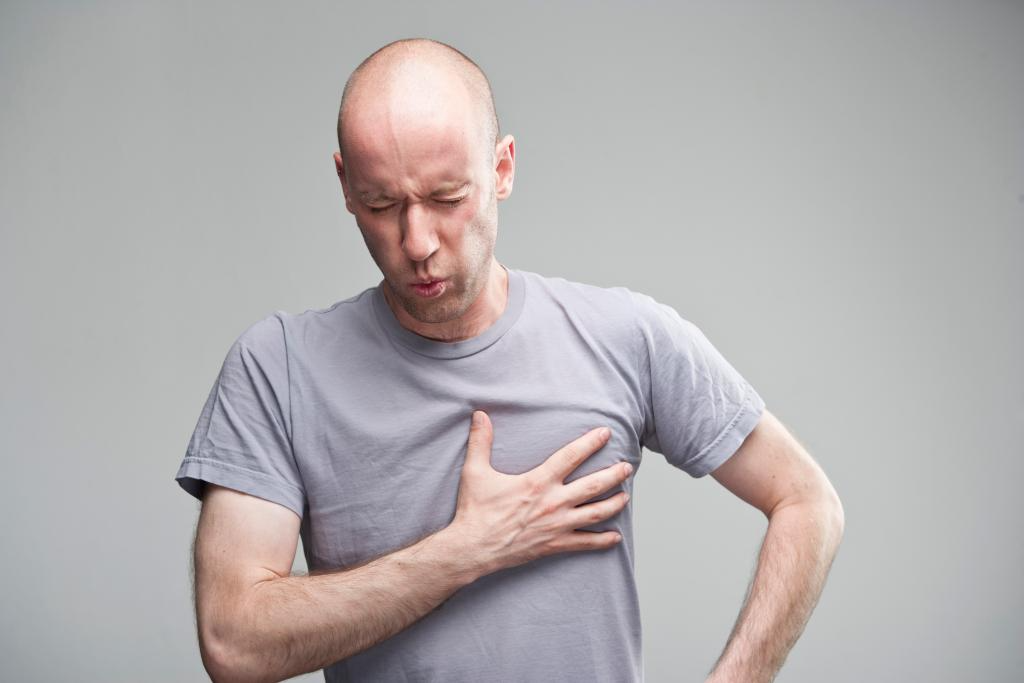A recent groundbreaking study conducted by the American Heart Association (AHA) has shed light on the connection between sexual orientation and the risk of cardiovascular diseases. The research reveals intriguing findings, indicating that women identifying as lesbian or bisexual may face an increased risk of heart disease, while gay and bisexual men generally exhibit a lower risk, unless residing in rural areas. This article delves into the study’s findings, explores potential factors contributing to these disparities, and emphasizes the importance of understanding and addressing the unique health experiences of sexual minorities.
Examining Sexual Orientation and Cardiovascular Health
The first-of-its-kind study, published in the Journal of the American Heart Association, analyzed health information from over 169,400 adults in France. The study evaluated factors such as diet, activity levels, sleep patterns, blood pressure, and cholesterol levels using the AHA’s “Life’s Essential 8” criteria. The results showcased intriguing patterns, highlighting variations in cardiovascular health based on sexual orientation.

Lesbian and Bisexual Women: Greater Risk
The study revealed that, in comparison to heterosexual women, lesbian and bisexual women had lower overall cardiovascular health. While women, in general, demonstrated better cardiovascular health than men, sexual minority women appeared to face additional risk factors. Previous research suggests that this disparity might be influenced by mental health challenges, delayed healthcare seeking, discrimination, and negative past experiences within the healthcare system.
Gay and Bisexual Men: Rural Disparities
Conversely, gay and bisexual men exhibited significantly better cardiovascular health than heterosexual men, but with an important caveat. The study found that this pattern held true primarily for gay men residing in urban areas. In contrast, gay men living in rural locales faced potentially higher levels of stressors, such as discrimination, sleep problems, and other concerns that could impact their cardiovascular health. These findings underscore the need for further investigation into the specific challenges faced by sexual minorities in different geographic contexts.

Understanding the Factors at Play
Researchers suggest that several factors may contribute to the disparities in heart disease risk among sexual minorities. Mental health issues, socioeconomic disparities, discrimination, and adverse experiences within the healthcare system are among the possible contributors. However, additional research is needed to comprehensively understand the complex interplay of these factors and their impact on cardiovascular health.
Addressing Health Disparities
The study’s findings echo previous research that has highlighted disparities in cardiovascular health among sexual minorities. Discrimination, violence, family rejection, poverty, insecure housing, and limited healthcare options have been identified as significant stressors affecting the health of sexual minority individuals. To address these disparities effectively, it is crucial to recognize and comprehend the unique experiences and challenges faced by sexual minorities within healthcare systems worldwide.
Looking Beyond the Study’s Limitations
It is important to acknowledge that this research is limited by its focus on self-identified individuals in France, an affluent country with universal healthcare. However, it provides a vital foundation for future studies exploring diverse populations. By recognizing and understanding the health experiences of sexual minorities, healthcare professionals and policymakers can work towards eliminating discrimination and disparities that impact health outcomes.
Author
-

the world's first and only daily LGBTQ+ evening news show. This program features a variety of hosts and guests who discuss the latest news and events related to the LGBTQ+ community. Queer News Tonight covers topics ranging from politics and entertainment to health and social issues, providing a comprehensive look at what's happening in the LGBTQ+ world.























